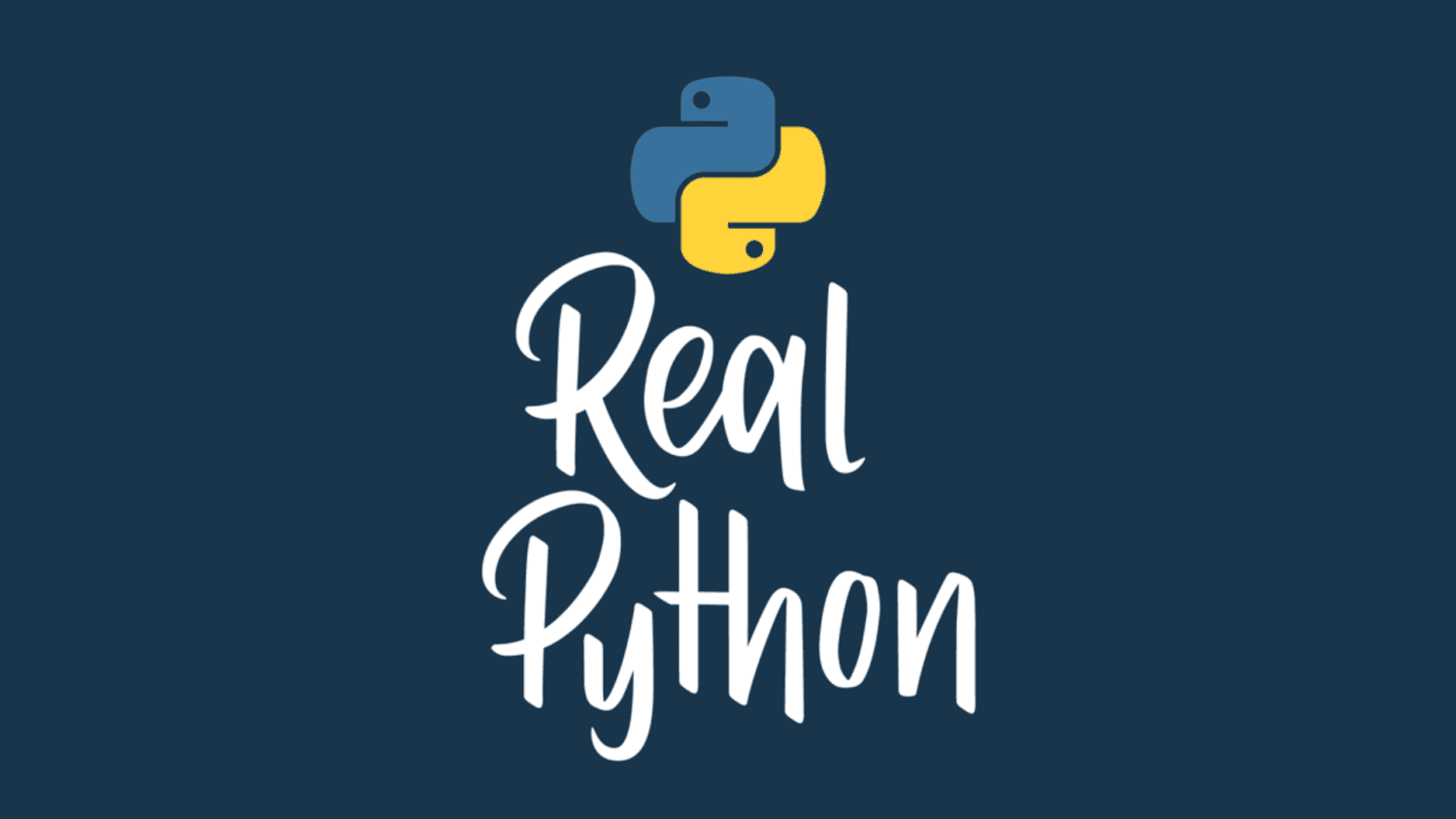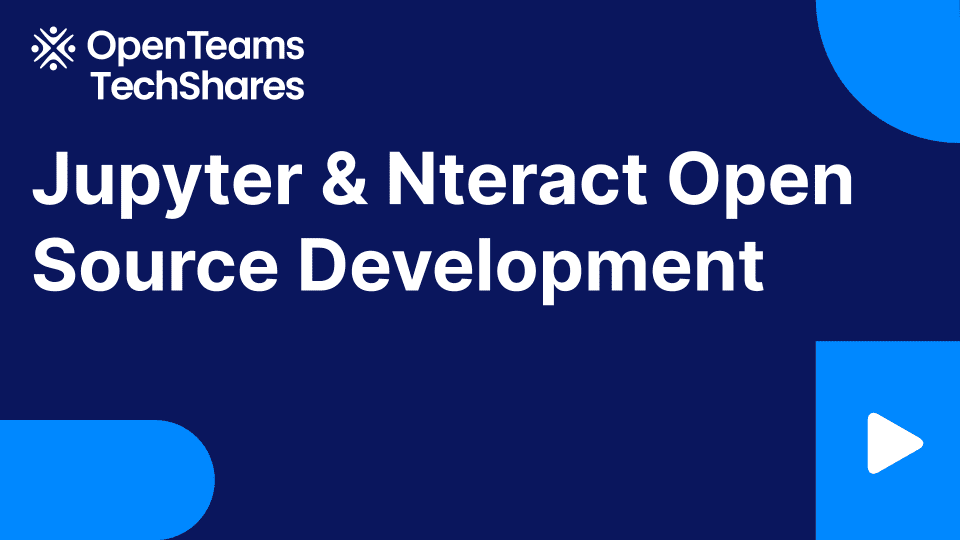
Design and Guidance: Object-Oriented Programming in Python
Writing good object-oriented code is about more than just how to write the
syntax. Knowing when and when not to use it, as well as guiding principles
behind object-oriented design will help you write better code.
In this course, you’ll learn about:
- The objected-oriented approach in Python vs other languages
- Cases in which you shouldn’t use classes in Python
- Alternatives to inheritance in structuring your code
- The SOLID principles for improving your code
SOLID is an acronym for five principles that you should use when thinking about
object-oriented code. The principles are:
- The Single-Responsibility Principle (SRP)
- The Open-Closed Principle (OCP)
- The Liskov Substitution Principle (LSP)
- The Interface Segregation Principle (ISP)
- The Dependency Inversion Principle (DIP)
This course is the third in a three-part series. Part one is an introduction
to class syntax, where you learn how to write a class and use its attributes and
methods. Part two is about inheritance and class internals.
[ Improve Your Python With 🐍 Python Tricks 💌 – Get a short & sweet Python Trick delivered to your inbox every couple of days. >> Click here to learn more and see examples ]




